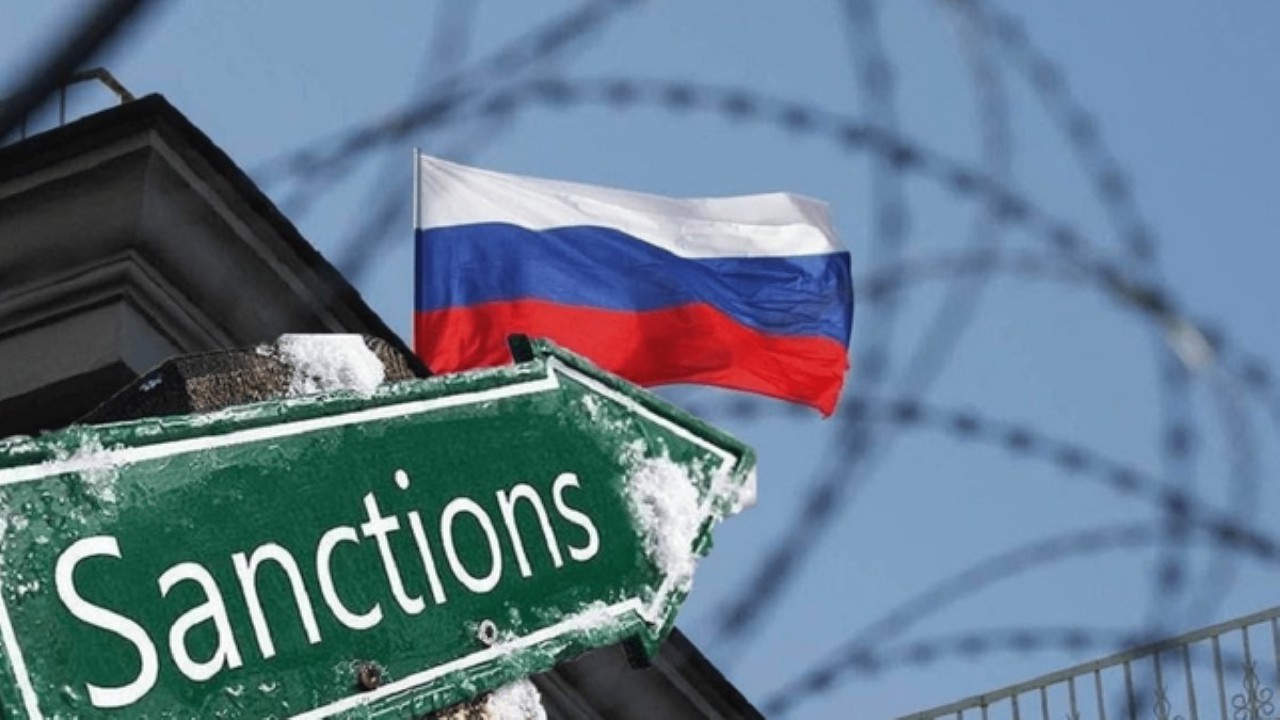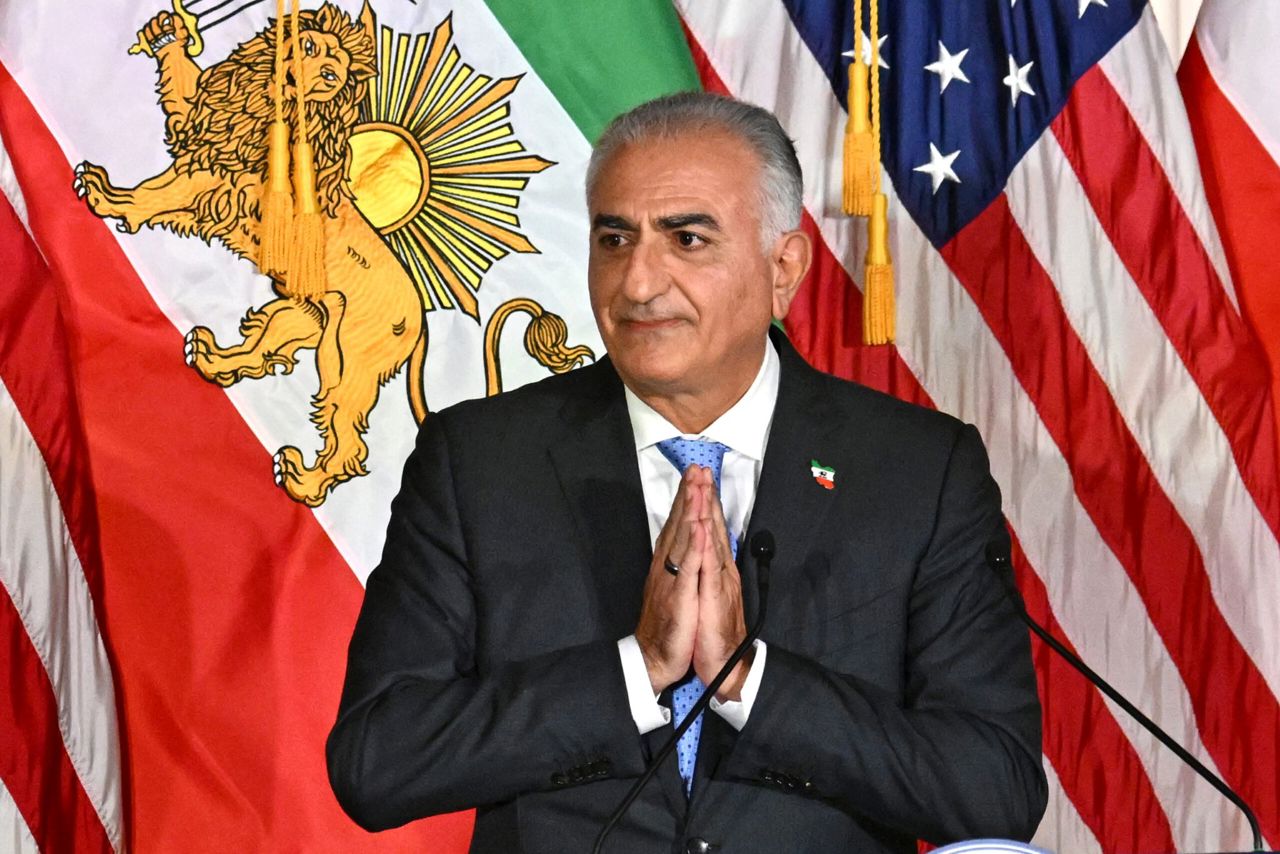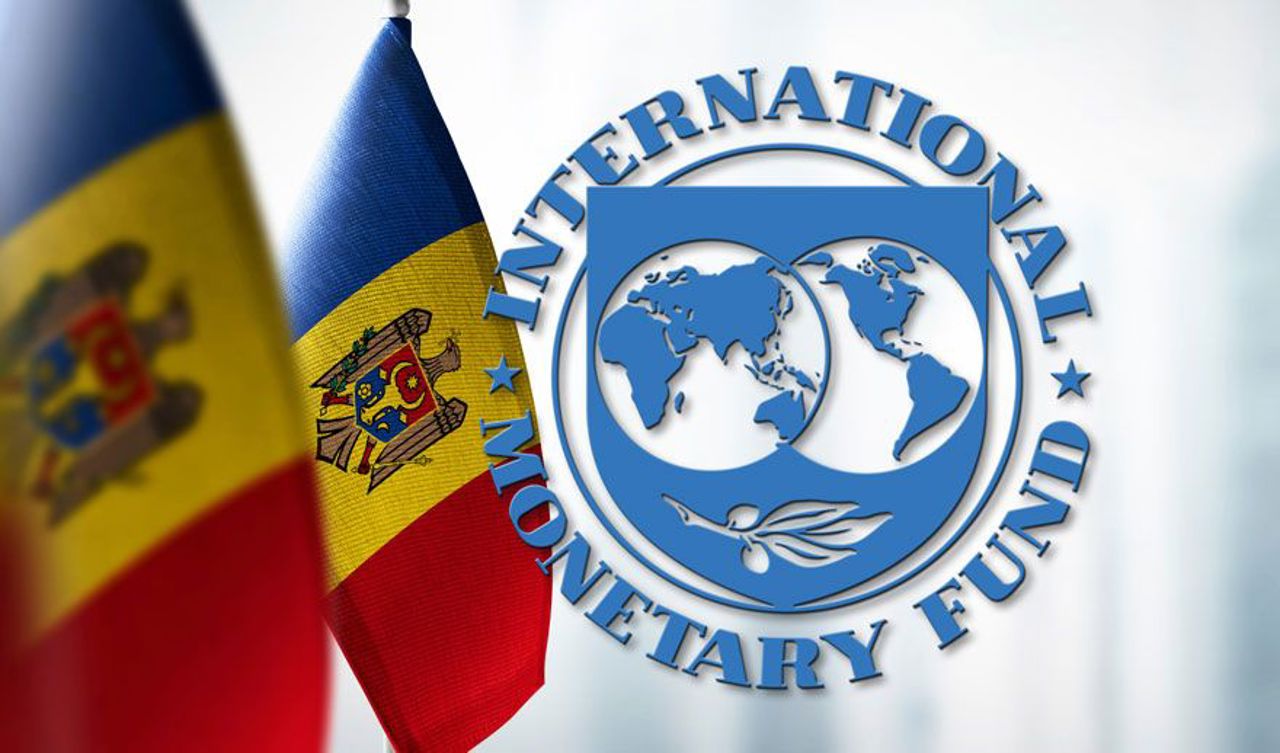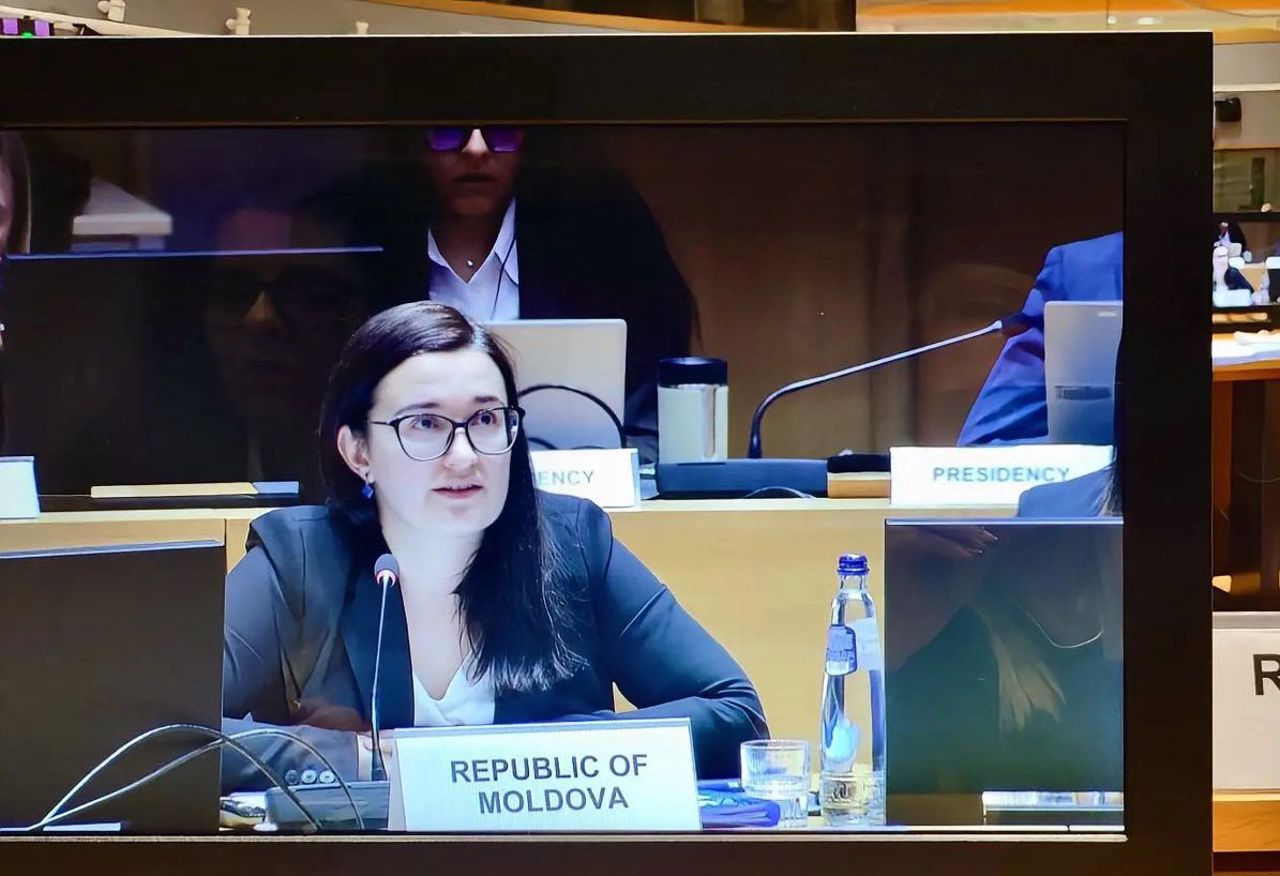Correspondence from Dan Alexe: Status of EU sanctions imposed on Russia
After the European Commission presented a new sanctions package for Russia to the 27 EU member states on November 22—marking the 15th round of sanctions since the large-scale invasion nearly three years ago—we can take stock of the EU sanctions imposed on Russia.
The list of European sanctions is extensive and does not completely align with those of the US. Over 2,300 individuals and entities have been subjected to asset freezes and visa bans for undermining Ukraine's territorial integrity. These sanctions primarily target Russian companies, but also include some from China, Iran, India, Thailand, the United Arab Emirates, and two Serbian entities that assist Moscow in evading sanctions.
Additionally, a significant number of ships have been placed on a blacklist. These are vessels that Brussels believes constitute Russia's shadow fleet, which consists of ships with unclear ownership used mainly to circumvent existing international sanctions on Russian oil and petroleum products.
One of the most notable aspects of the latest sanctions package is the inclusion of proposals for asset freezes and visa bans. Among those targeted is Niels Trost, a Dutch businessman whose companies are believed to have traded Russian crude oil above the G7 oil price cap, thus evading sanctions imposed on the Kremlin.
It is uncommon for the EU to sanction its own citizens. Previously, in 2022, the EU sanctioned Jozef Hambalek, a Slovak citizen and head of the Russian nationalist Night Wolves motorcycle club in Europe, though he was later delisted.
In such cases, while asset freezes are enforced, visa bans do not apply because individuals targeted do not require visas to live or visit their own country.
Imposing sanctions is relatively straightforward; however, ensuring compliance poses a greater challenge. Unlike the United States, the EU lacks a unified administration to investigate potential violations. Instead, it falls on individual member states to enforce the sanctions. For example, Hungary has opted not to apply any sanctions at all.
Moreover, Hungary, the most skeptical EU country regarding sanctions, assumed the rotating presidency of the Council of the European Union in July. This has led to a prevailing sentiment in Brussels that pursuing substantial measures through sanctions may no longer be worthwhile.
Overall, there appears to be little collective enthusiasm in Brussels for intensifying sanctions, such as targeting Russia’s nuclear or gas industries.





